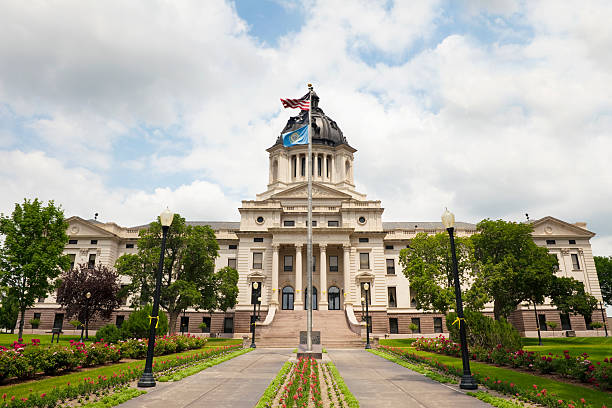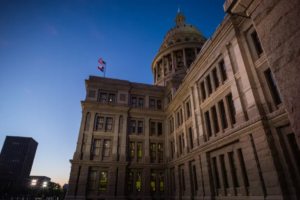South Dakota has been ranked 12th in the nation measuring its economic competitiveness, and has received high marks for its zero income and corporate taxes.
The “Rich States, Poor States” report from the American Legislative Council lists the state as 12th for economic outlook and 16th for economic performance.
Economic performance is determined by the state’s gross domestic product, absolute domestic migration, and non-farm payroll employment.
More than 13,000 people moved to South Dakota between 2011 and 2020, according to the report. During that time, the only years where migration to the state dropped were 2015 and a small dip in 2020.
“A huge phenomenon and takeaway from this report is that taxpayers vote with their feet,” said economist Jonathan Williams, one of the authors of the report. “And it’s one of the key elements of why it’s so important to get things right in America. You go down the line of the states that are growing – they are states that are cutting taxes. Doing the right thing leads to a virtuous cycle of attracting businesses attracting individuals.”
South Dakota received the highest rank for its top marginal personal and corporate income tax rates, both of which were zero, the report said.
South Dakota’s personal income tax progressivity, which represents the change in tax liability per $1,000 of income, was also zero.
Other key metrics include the state’s property tax burden, which is $28.64 per $1,000 of personal income. The sales tax burden is $32.14 per $1,000 of personal income and the remaining tax burden is $18.27 per $1,000 of income, according to the report.
South Dakota does not levy an estate or inheritance tax.
States with lower tax burdens were generally rewarded with greater boosts of incoming residents fleeing states where tax burdens were higher, according to the report.
“Let’s stop taxing work. Let’s tax consumption. Let’s not tax people’s livelihoods getting back to the workforce,” Williams said.
The annual report has an impact on state officials, said Stephen Moore, one of the report’s authors.
“This is a magic moment for tax reform at the state level,” Moore said. “I think even in some of these blue states that have been traditionally very liberal, they’re looking at reforms that could really make their states more prosperous.”
States that ranked highest in the report were Utah, North Carolina, Arizona, Oklahoma and Idaho. On the low end from No. 46-50, respectively, were Minnesota, Vermont, California, New Jersey, and New York.
This article was originally posted on South Dakota receives high marks for its zero-tax policies






Be First to Comment